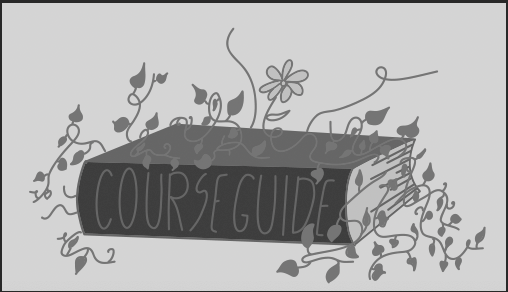There is nothing wrong with reading an online summary for a chapter of a book that there was no time to read the night before. Given the intense daily workload many students face from both academics and extracurriculars, some occasionally use online summaries as a replacement for completing their English homework. The issue arises when students use online summaries for entire books.
In fact, the English Department’s official policy on using secondary summary resources is that they are “unethical and a violation of the school’s Honor Code,” and the policy brings up some important concerns.
While reading the summaries on SparkNotes, Shmoop or CliffNotes might allow students to get a good grade on their reading quiz, not reading the actual wording keeps them from fully understanding the text. The characters have their own voices, the scenes have specific descriptions and not reading the words as they were meant to be read does not allow for a proper understanding of the novel. Furthermore, while students may be able to write an essay that will get them a good grade without reading the majority of the text, the reader will miss the richness of the actual book.
Students often feel reading a chapter is the least important part of nightly homework, so it is often ignored as a compromise. But why? Reading homework is easier than doing pages of math problems or writing an essay. Students compromise on reading because they don’t connect with the books they are reading. As children, reading was an escape, but with growing responsibilities, nightly reading assignments became a burden. It was not just reading for pleasure most students lost, but the joy of reading at all.
With the enjoyment many students once felt for reading gone, the easiness of online summaries becomes very appealing. No longer do students have to look for the tiny details that on the reading quiz because they are conveniently located for them. If this trend continues, however, soon there will be no students who read the words of Emerson or Fitzgerald, and only students who read a summary of their work.
Students can also read analysis sections of these synopsis sites, further worsening English discussions. Whether it’s used in class discussion or essays, it is not fair to all of the other students in class who actually came up with their own ideas and are risking sharing their conclusions about a novel that have not been vetted by thousands of previous readers.
The hardest part about writing papers is coming up with the initial ideas, and having a website do it for them is just cheating. Websites, like turnitin.com, do not always catch this plagiarism because it is not the words being copied, but the ideas, which is just as harmful. According to the SparkNotes website, the intention of these analysis guides is to be used alongside individual analysis to inspire ideas, not for the points made in the guide to be plagiarized for papers. It should be used similarly to a teacher helping them prep for an essay: these guides can help answer plot-based questions, but should not help with any analytical reasoning.
Despite these risks, utilizing these resources to enhance our comprehension, not replace it, is extremely beneficial. Making sure that students fully understand the plot, by using a summary to enhance their grasp on the text, can help reaffirm that they understand the basic plot points.



































